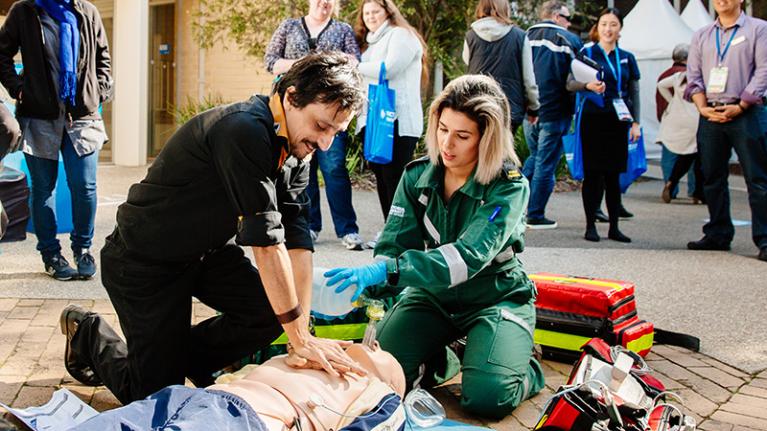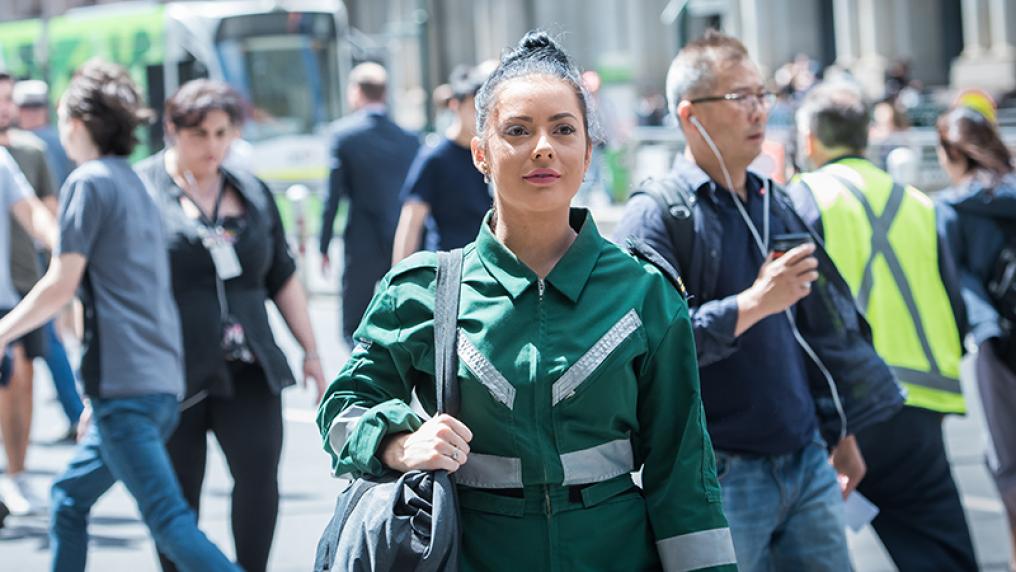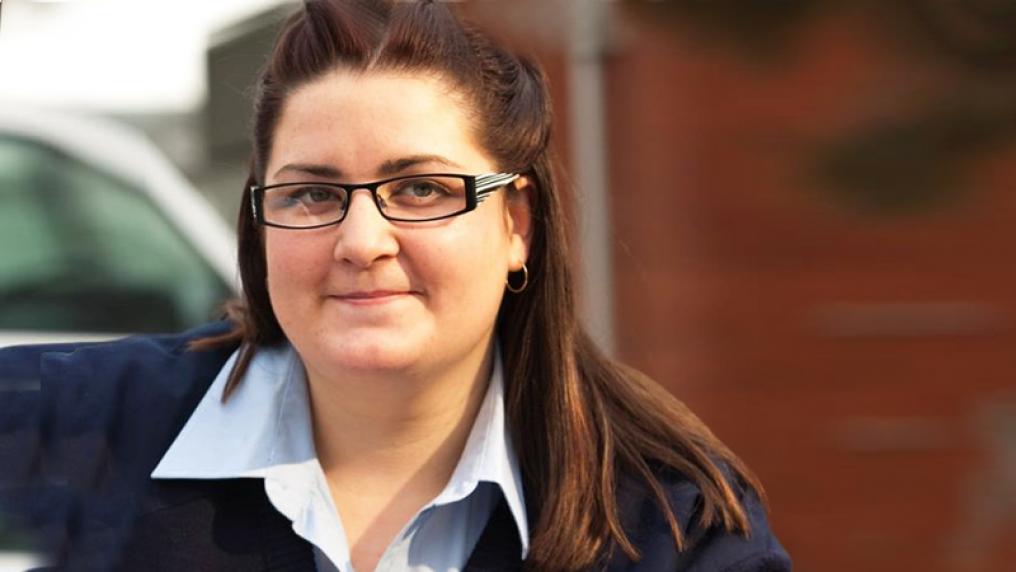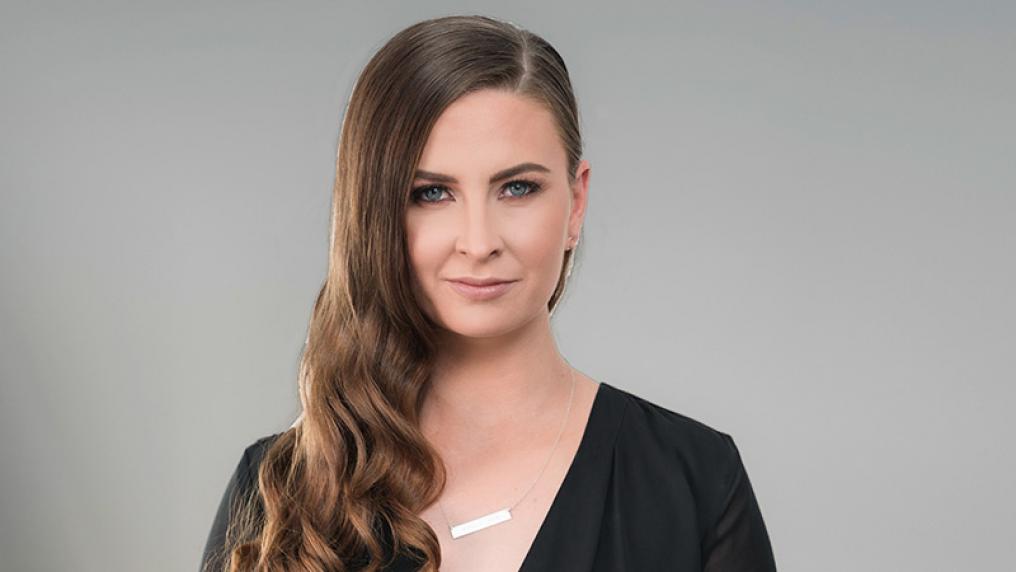What does a paramedic do & how do you become one?
Being a paramedic is a challenging but rewarding career – a chance to play a vital role in emergency health care and make a real difference in people’s lives.
If you’re calm under pressure, love working at a fast pace, and are driven by a desire to help people, paramedicine could be a great career path for you.
Let’s take a closer look at what it’s like being a paramedic and how you can get there.
What does a paramedic do?
As a paramedic, you’ll respond to emergency situations and provide out-of-hospital care to patients with a wide range of conditions or injuries.
On any given day, you might do things like:
- attend accidents and medical emergencies – whether it’s a car crash, a heart attack, or a sporting injury (to name just a few)
- assess patients and provide treatment, both on site and on the way to the hospital by ambulance
- take non-emergency patients to and from hospital (for example, if they’re moving between facilities for specialised treatment)
- make sure ambulances are stocked with medical supplies and that all equipment is working properly
- attend events and public gatherings where medical help might be needed, like sporting events or festivals
- prepare reports on patients and the treatment provided.
Discover reasons why you should complete first aid training.

Signs you'd be a good paramedic
So what strengths and skills do you need to succeed as a paramedic? Here are a few signs it could be a good career for you:
- you have a desire to help and care for people
- you can stay calm under pressure and think and act quickly
- you like working in a team
- you have good communication skills
- you’re good at following instructions and guidelines
- you’re okay around blood and injuries
- you have a good level of health and physical fitness
- you’re flexible and can adapt to quickly changing situations.
How do you become a paramedic?
To become a paramedic in Australia, you need to complete a recognised bachelor’s degree in paramedic science – such as VU’s highly-regarded Bachelor of Paramedicine.
Once you’ve completed your degree, you’ll need to register with the Paramedicine Board of Australia, and renew your registration every year by completing mandatory professional development. You’ll also need to have a full driver's license.
Pathways to paramedicine at VU
The good news is, there’s more than one way to get your paramedic qualification at VU.
You can go directly into the Bachelor of Paramedicine (three years full-time), or you can start with a TAFE course and transition into your degree.
In the TAFE pathway, you’ll complete:
- Certificate III in Non-Emergency Patient Transport HLT31120 (six months full-time) – where you’ll learn skills needed for jobs like an ambulance assistant, first aid provider or ambulance call taker.
- Diploma of Emergency Health Care HLT51020 (seven months full-time) – where you’ll learn to assess emergency patients and provide critical life support in roles like an Ambulance Transport Attendant (ATA) or Patient Transport Officer (PTO).
- Bachelor of Paramedicine (two years full-time) – where you’ll learn to treat patients in out-of-hospital care, preparing you for a rewarding career as a paramedic.
Practical learning & clinical placements
A key part of your paramedic course at VU will be spending time in ambulances, observing and assisting as part of your paramedic clinical placements.
You’ll gain direct practical experience as a real paramedic under clinical supervision within Ambulance Victoria, so you’ll have the skills and confidence you need when you graduate.
You’ll also practice your skills in our state-of-the-art training facilities, where you can act out realistic emergency responses in a safe environment.
Take your first step to a paramedic career now
Ready to launch a career in emergency health? VU offers courses including first aid and CPR training, TAFE qualifications and a Bachelor of Paramedicine held in high regard by the health industry.
Browse our paramedicine and emergency health courses now.
Paramedicine is a sector experiencing record growth. Find out more about average paramedic salaries across Australia, state by state.


